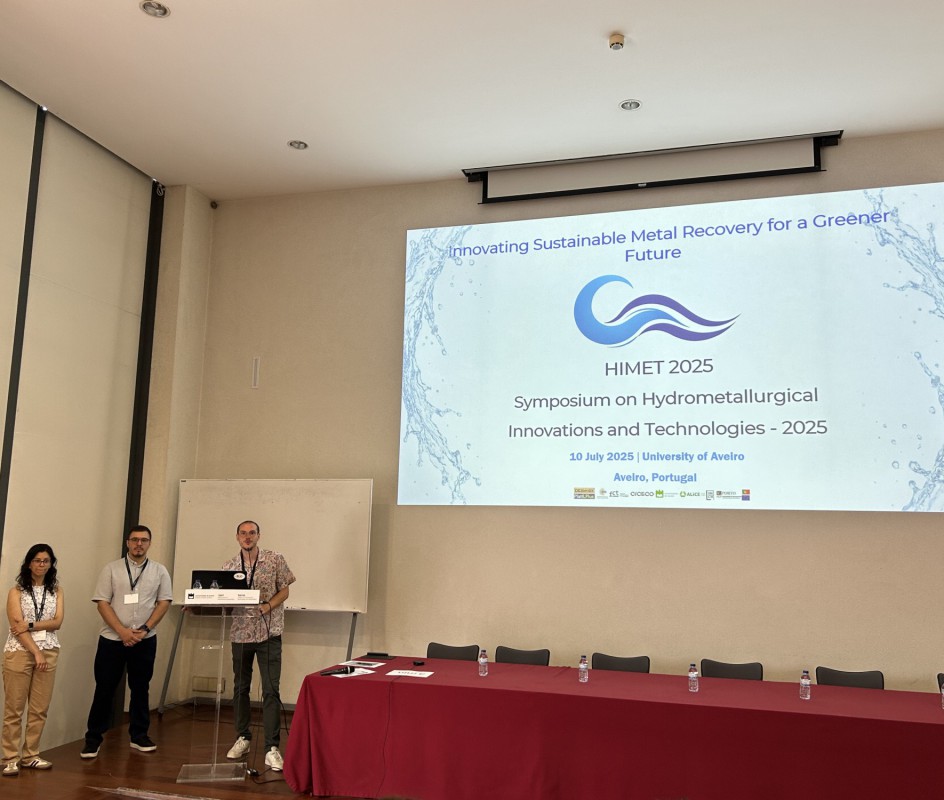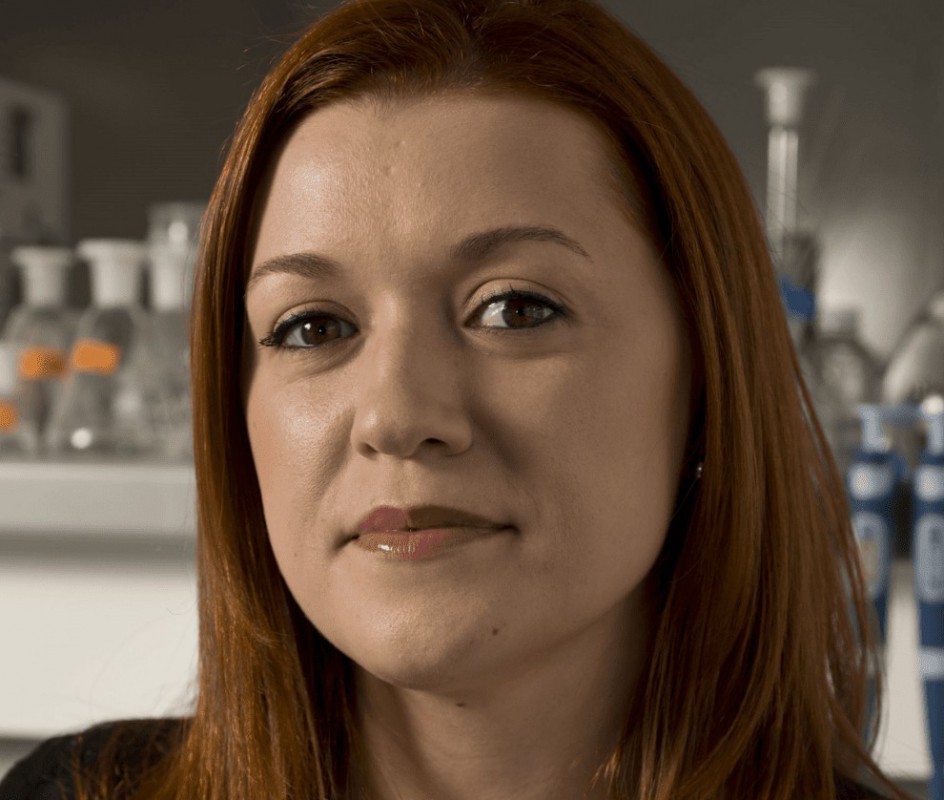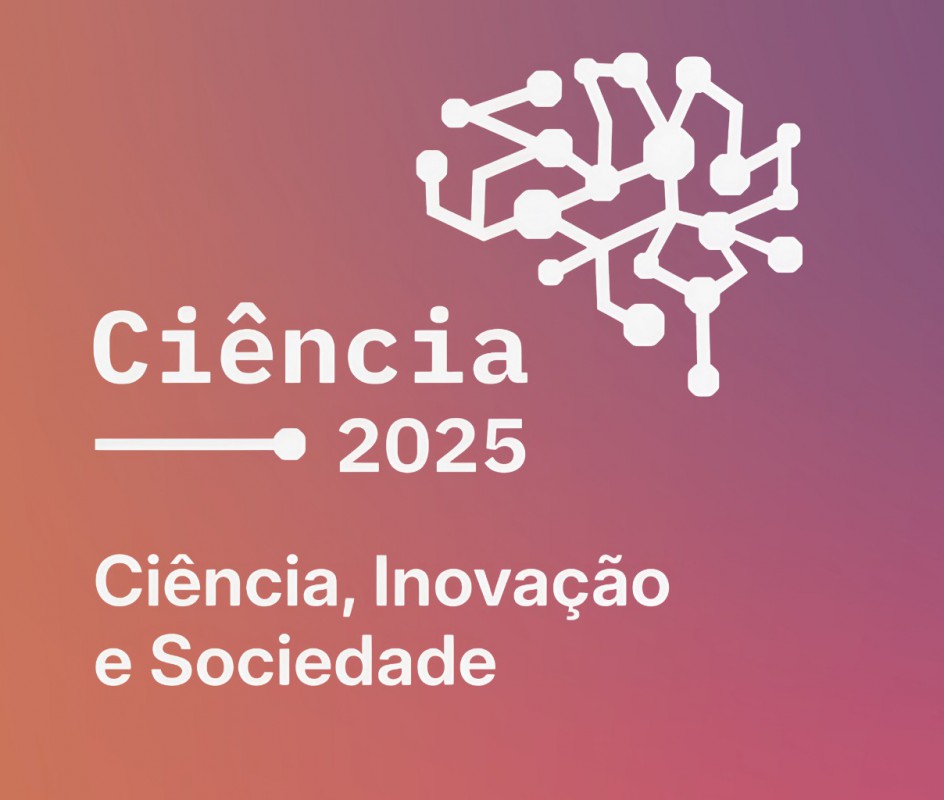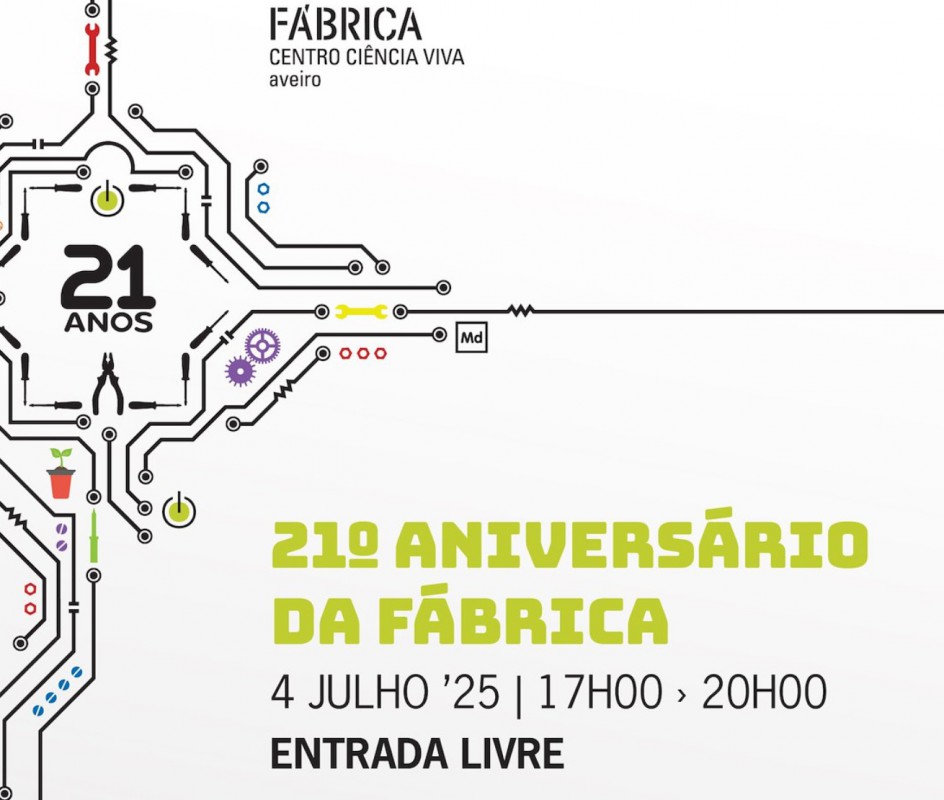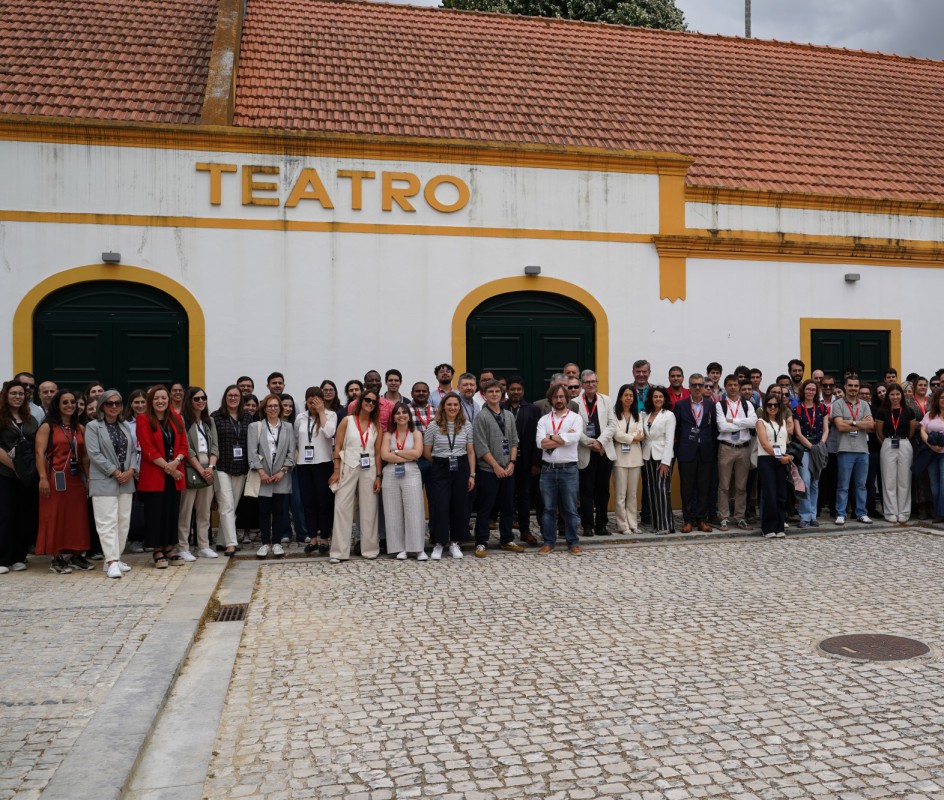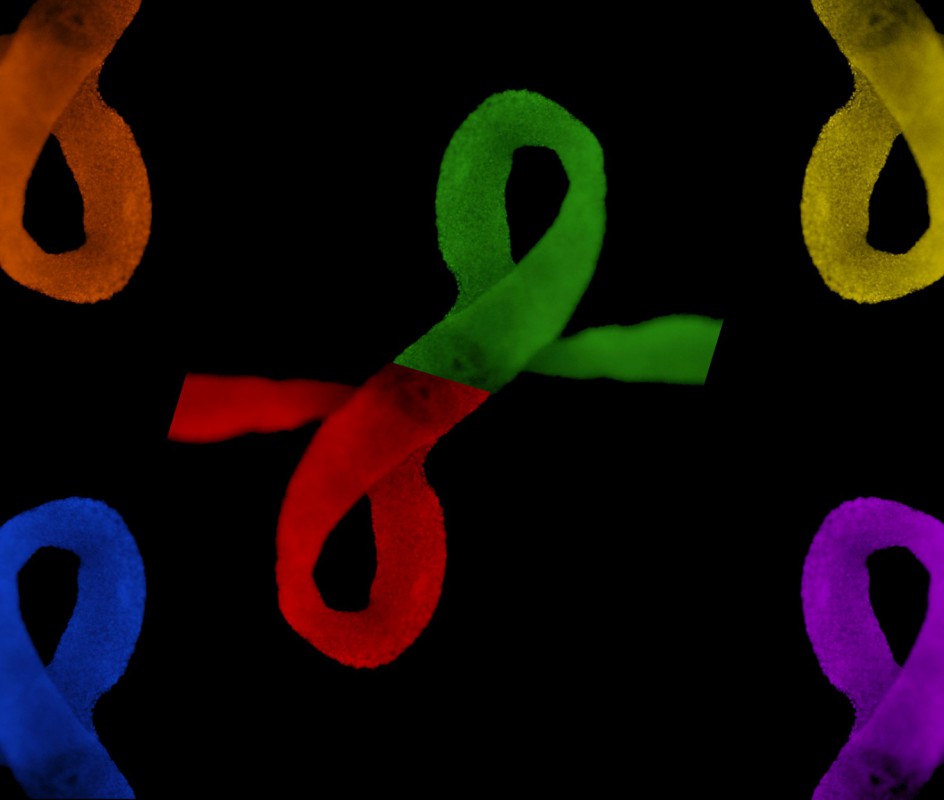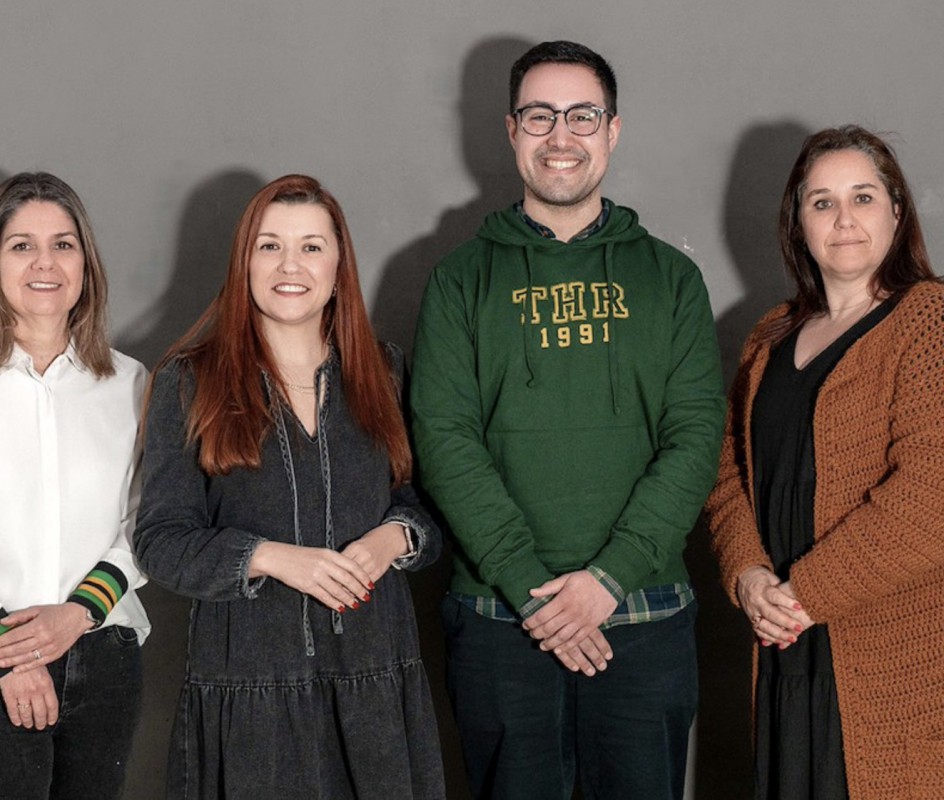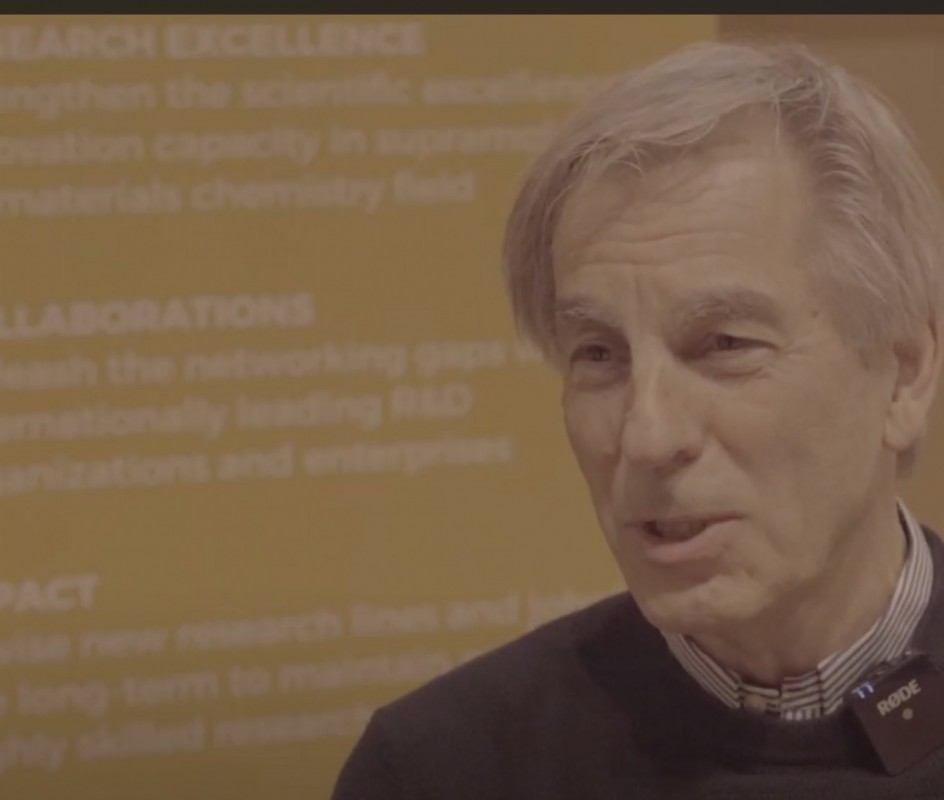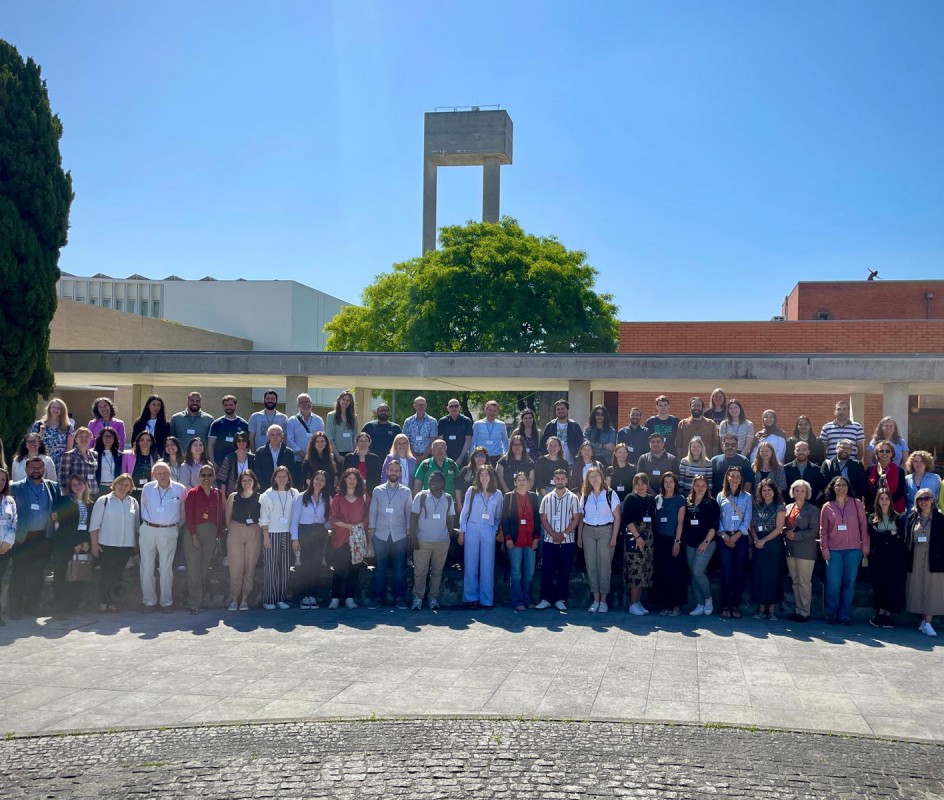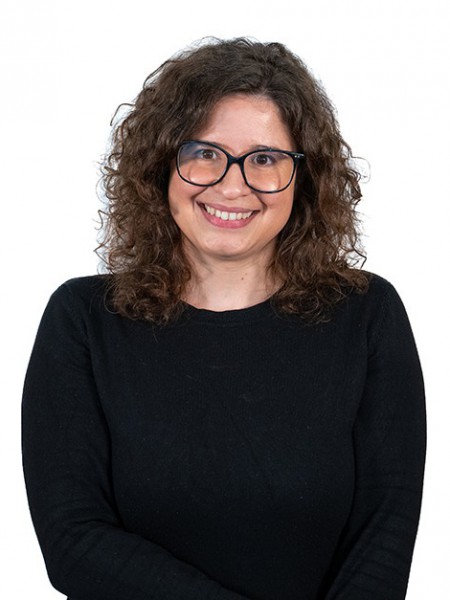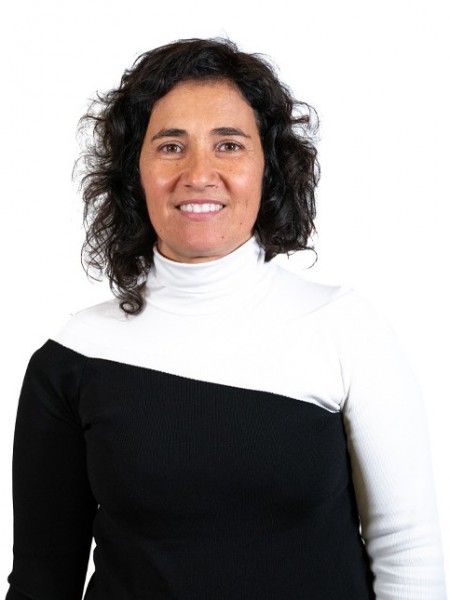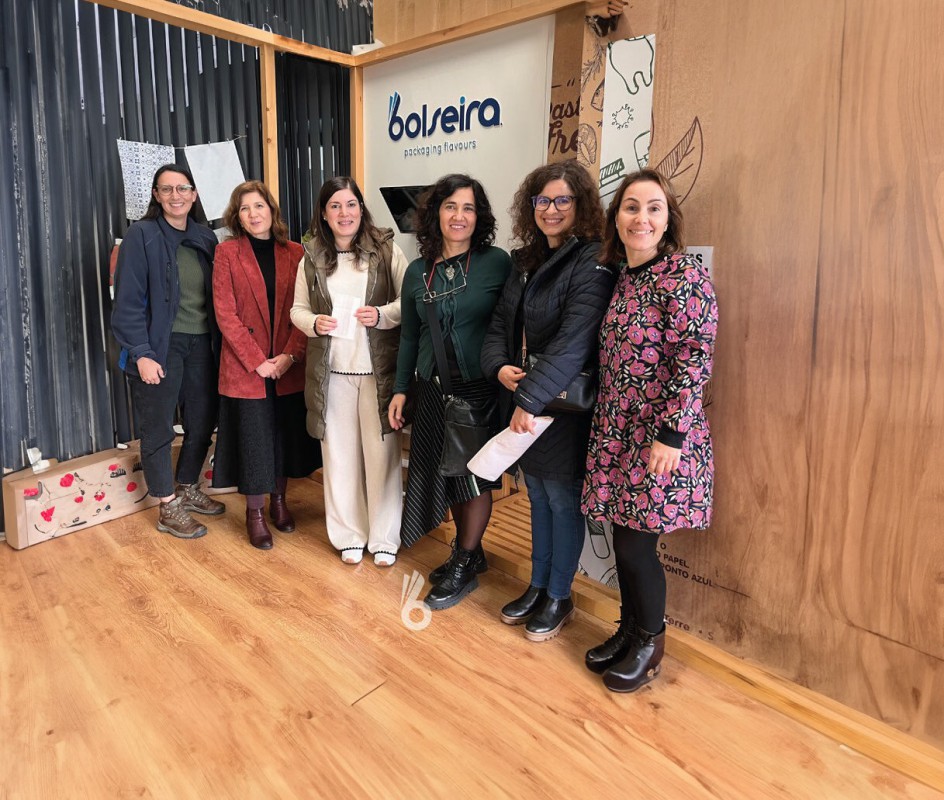
The project in which Idalina Gonçalves and Paula Ferreira (CICECO/DEMAC) are involved focuses on developing a solution to optimize resources and reduce the environmental impact associated with composite materials made of paper and plastic, whose recyclability is limited. Due to confidentiality reasons, not much more can be disclosed, but this information alone is already interesting. The work is being developed between the University of Aveiro (UAveiro) and the company A Bolseira.
The collaboration with the company's support stems from an R&D project initiated about four years ago. Idalina Gonçalves explains that during this process, the company was able to learn about the skills of an interdisciplinary research team, which also benefits from the existing infrastructures at UAveiro, particularly within the CICECO and LAQV-REQUIMTE research units. Sílvia Petronilho and Manuel A. Coimbra, from LAQV-REQUIMTE, are also part of the team.
Idalina Gonçalves highlights: "With the knowledge of sustainable materials that UAveiro and its research centers have been developing, the company A Bolseira presented us with a challenge that, as researchers strongly dedicated to progress and sustainable innovation, we immediately accepted."
Cooperation with other research centers has been essential. The researcher emphasizes that "interdisciplinarity is crucial for us to effectively respond to the various challenges posed by the industry. Thus, bringing together researchers with complementary skills and infrastructures allows us to understand, among other aspects, the chemical phenomena necessary for the development and processing of more sustainable materials. This helps us define research strategies that quickly bring us closer to a solution for the case study proposed by the company A Bolseira."
There are several challenges to overcome to achieve the objectives of this project. Scalability and economic sustainability are the main ones, and addressing them requires coordination between A Bolseira’s knowledge of available processing methods and the scientific knowledge acquired through research in sustainable material development. "We will define strategies that enable us to meet this project's objectives," assures Idalina Gonçalves.
When asked about the main advantage of collaboration between industry and academia, the researcher responds without hesitation: "In my opinion, it is the ability to align the applied research we conduct at UAveiro with the interests and infrastructures existing in the industry. Only in this way can we more effectively define viable processes for the industrialization of new products. Furthermore, the exchange of industry experience regarding its processes/products with academia, as well as understanding its market needs, also helps define the most appropriate research direction."
The collaboration is set to continue. On one hand, the results of this project will further strengthen the relationship between CICECO, LAQV-REQUIMTE, and A Bolseira through UAveiro. On the other hand, the approaches in this research may lead to new challenges.
Idalina Gonçalves does not hesitate to guarantee a response to these when they arise: "We will be happy to address them, provided they fall within the competencies of this research team or the competencies and resources available at UAveiro."
Related Articles
We use cookies for marketing activities and to offer you a better experience. By clicking “Accept Cookies” you agree with our cookie policy. Read about how we use cookies by clicking "Privacy and Cookie Policy".


